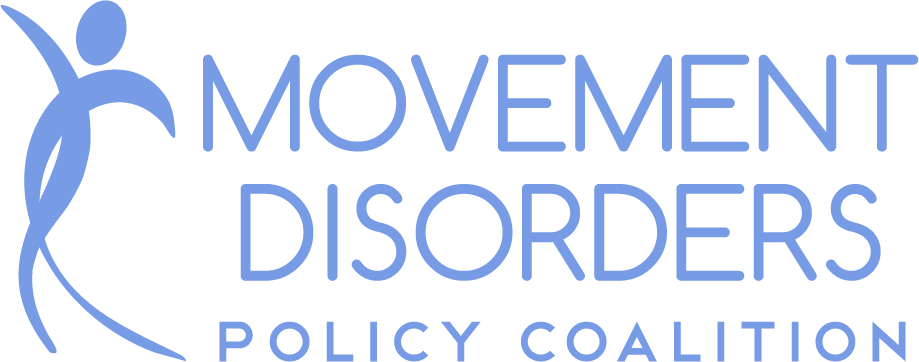from the Institute for Patient Access
The number of people with Parkinson’s disease doubled from 1990 to 2015 – and is expected to double again over the next 20 years. The disease’s growing prevalence underscores why increased awareness and research for brain illness remain critical.
During a recent webinar by the Davis Phinney Foundation, movement disorders specialist Michael Okun, MD, explored the spike in diagnoses. Many factors, including longer lifespans and industrialization, contribute to the rising rates of Parkinson’s disease, Dr. Okun explained. For instance, higher rates of Parkinson’s disease occur in more industrialized nations where researchers suspect environmental factors like pesticides and toxins to play a role.
Dr. Okun explained the interplay between genetics and the environment, saying, “genetics load the gun and environmental factors pull the trigger.” The analogy also applies to many other diseases, Dr. Okun noted, including brain illnesses like ALS or dementia.
When asked how society should address brain illnesses like Parkinson’s disease, Dr. Okun emphasized prevention, advocacy, care and treatment.
Prevention efforts could include limiting harmful pesticides and environmental triggers. Advocacy, meanwhile, could build momentum around the disease, perhaps securing more robust funding. On the topic of care, Dr. Okun encouraged both providers and society to show empathy toward patients. He also highlighted the value of precision medicine and emphasized the importance of personalized treatment plans to meet the individual needs of each patient.
The webinar’s message is timely, as March 16-22 marks the 25th annual Brain Awareness Week. The week fosters education, enthusiasm and support for brain science. Over 7,300 partners from 117 countries unite to raise awareness about brain research, treatments, preventions and cures. Participants include advocacy groups, government agencies, hospitals, corporations and schools, among others.
The increasing prevalence of brain illnesses like Parkinson’s disease pose challenges for communities and health care systems throughout the country. But with heightened awareness and policies that allow for patient-centered care, the future for people with brain illnesses can continue to improve.


